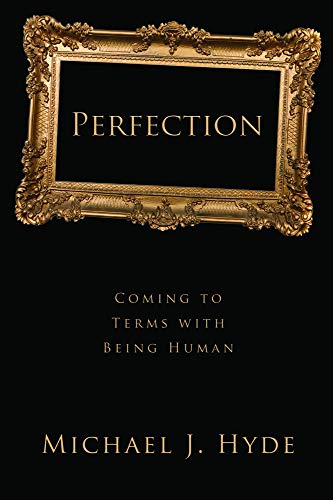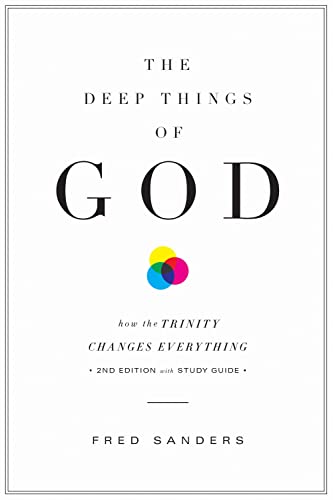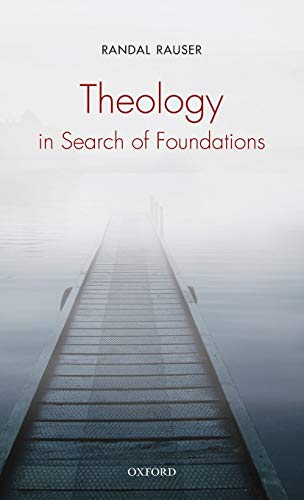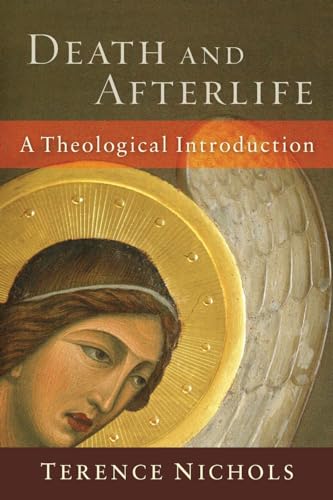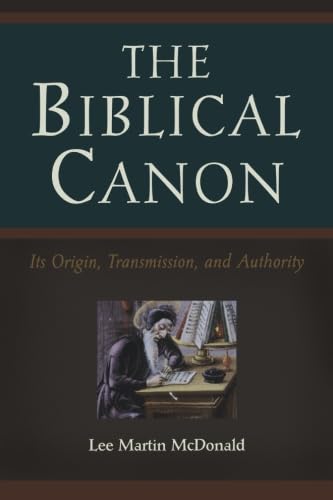Biblical Theology in the Life of the Church: A Guide for Ministry
Written by Michael Lawrence Reviewed By Eric C. RedmondMichael Lawrence’s Biblical Theology in the Life of the Church offers an accessible primer on how to read the one story of Scripture for both personal and corporate Christian living. Lawrence designs the work for those “passionate about ministry in the local church” (p. 13). It is a welcome addition to a growing field of entry-level biblical-theology texts made to be put to use immediately by both laymen and formally trained church leaders.
Biblical Theology in the Life of the Church is divided into three sections. Part 1 addresses “The Tools That Are Needed” for the task of doing ministry in the church. Lawrence equips the reader with “Exegetical Tools” (ch. 1), “Biblical Theology Tools” (chs. 2–3), “Biblical and Systematic Theology” (ch. 4), and “Systematic Theology Tools” (ch. 5). He challenges the reader to use the grammatical-historical method of interpretation and to consider items such as covenant, epochs, canon, prophecy, typology, and continuity in one’s reading of Scripture.
Part 2 concerns “The Stories to Be Told” in order to piece together the grand story of Redemptive History: creation, fall, love, sacrifice, and promise (chs. 6–10). Lawrence teaches the church how to trace the major themes of the movement from creation to the new creation.
Part 3, “Putting It Together for the Church,” explores the use of the tools and stories in local parish life. Lawrence provides several examples of preaching passages based on the theory and method in this work. Pastors and laymen alike will appreciate the author’s “application grid” for appropriating messages from individual passages of Scripture to the broader story of the Bible, the non-Christian worldview, social issues at large, and the “Shepherd’s Taxonomy” of personal concerns in the lives of his audiences.
One of the most rewarding sections of this work is Lawrence’s attempt to relate biblical theology (BT) to systematic theology (ST). Then he demonstrates that the two disciplines—the two tools for reading every part of Scripture—are related by common trajectories and mutual need for each other. To this end, Lawrence says,
Biblical Theology is how we read the Bible. Systematic Theology is how the story of the Bible is shown to be normative for our lives. To say you want one and not the other simply shows that you understand neither. Everyone has both a systematic theology and a biblical theology, whether they realize it or not. What we want, though, is for both to be faithful to the Scriptures—the biblical story and the biblical worldview. We won’t understand that worldview if we don’t understand the story out of which it arises. But if all we have is story, how will that story ever engage the contemporary concerns of our lives? (p. 92)
In terms of literary pedagogy, what is good about Lawrence’s manner of presentation is that he demonstrates his theory and method throughout his work. For example, at the beginning of Part 3, Lawrence offers a “quick review” of what he has taught about the story—the metanarrative—of Scripture with Christ as the key character. Then he reviews the methods he used to tell the story:
Having told the story and noted the structure and patterns in the story, I also tried to apply the story to our lives. Using systematic theology, I asked the questions, (1) What does this story teach us about God, ourselves, and about the church? And (2) How does it apply to life right now.… Each time I’ve told the story there have been two steps: (1) biblical theology—getting the whole story right, and (2) systematic theology—applying the story to our lives. In fact, each time there has been another step that I did ahead of time but didn’t talk about. I simply announced that I was going to trace through the Bible, and asked you to trust me that I got the theme right. (p. 180)
In mild criticism, many assumptions take place in Lawrence’s move from biblical theology to application that are unseen to the reader but most likely second-hand or intuitive for him. Therefore, readers would be wise to observe the author’s caution: “The vision I am talking about arises out of the patient, repeated, observant reading of the whole Bible” (p. 216).
Biblical Theology in the Life of the Church is an enjoyable series of lessons on Christ-centered spiritual formation. Lawrence has not given us a text simply about theology; instead he has given us a text about “life” in the church. That is, the uniting of BT and ST reveals to congregants how God intends to use the story of Scripture to give life to and shape the life of the baptized community.
Lawrence’s work is refreshingly attractive in the age of forty-day-readings approaches to spiritual (and congregational) formation. It is an exciting alternative to the pop-culture approach of engaging society with minimum emphasis on the exclusivity and binding nature of the gospel message. It is a work appropriate for adult Sunday School, leadership training, and beginning-level college and seminary interpretation classes. As a pastor, it encourages me to think of what might happen if many believers in churches are motivated to begin faithful, daily reading of the Scriptures because Lawrence has aided them in seeing Christ in the Scriptures and in shaping their lives after him.
Eric C. Redmond
Eric C. Redmond (Ph.D. candidate, Capital Seminary and Graduate School) is assistant professor of Bible at Moody Bible Institute, Chicago, IL, and associate pastor of adult ministries at Calvary Memorial Church, Oak Park, IL.
Other Articles in this Issue
Most of our readers are theological students and pastors...
The Dazzling Darkness of God’s Triune Love: Introducing Evangelicals to the Theology of Hans Urs von Balthasar
by Stephen M. GarrettJürgen Moltmann observes that Christian theology and the Church face “a double crisis: the crisis of relevance and the crisis of identity...
Plots, Themes, and Responsibilities: The Search for a Center of Biblical Theology Reexamined
by Daniel J. BrendselIn the prolegomena to his “approach to biblical theology,” Charles H...
Since the mid-twentieth century biblical scholars have increasingly accepted that the texts of the Bible must be interpreted in terms of their literary genres...
The present age tends to regard polemics, theological controversies, and all-round doctrinal fisticuffs as, at best, a necessary evil, at worst, one of the most revolting aspects of Christianity...



